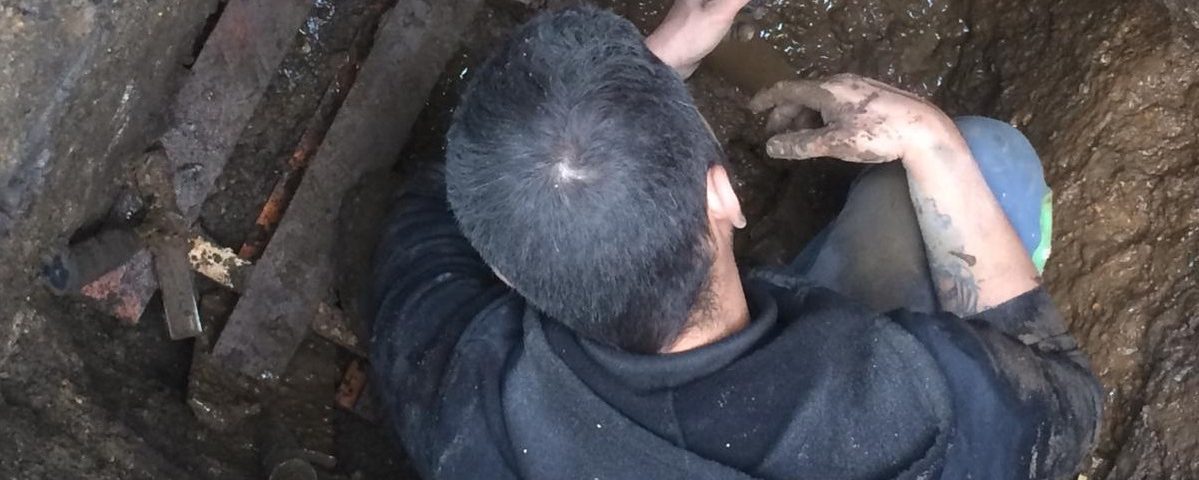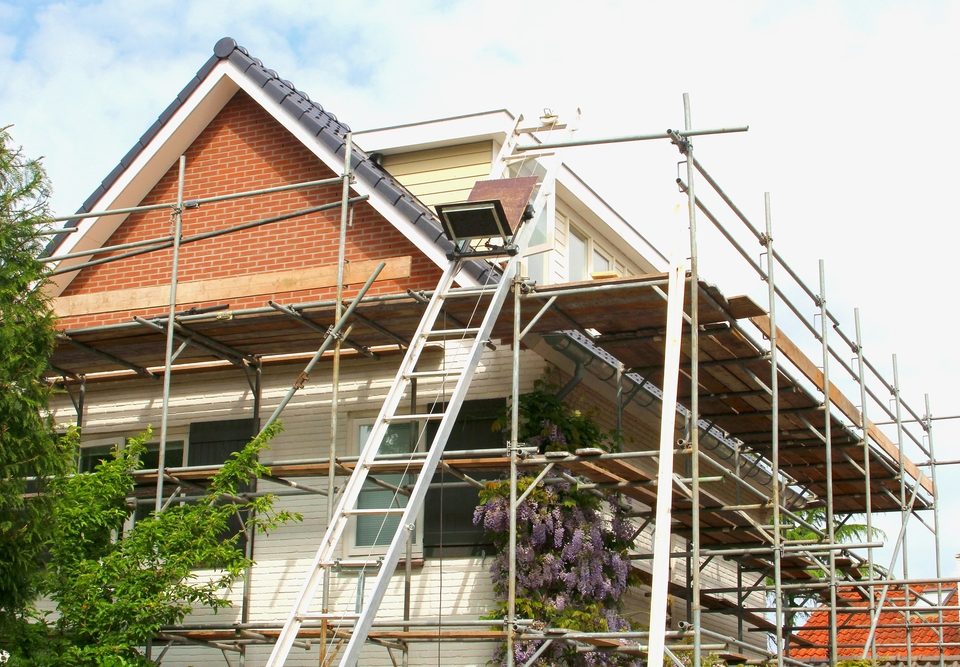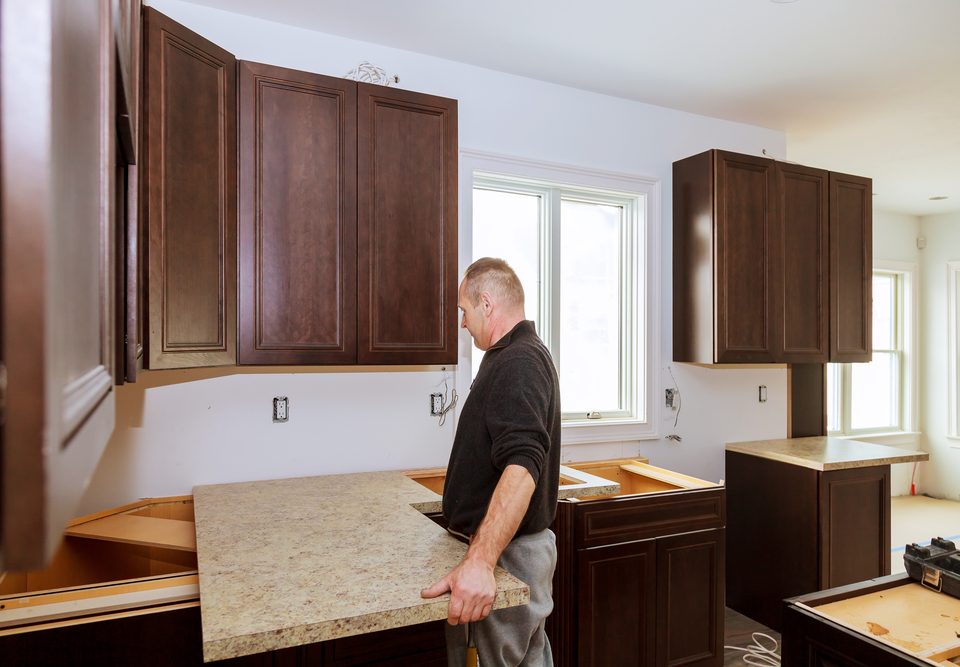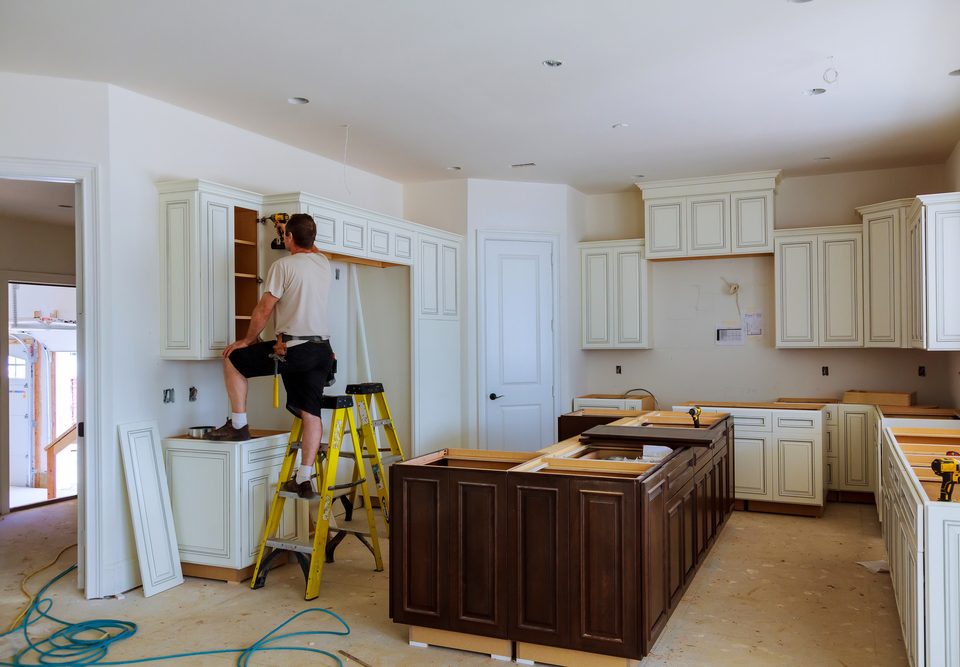- Call Today:
- 0333 358 3991
- myproject@r8e.co.uk
What You Need to Know About A Basement Conversion

Building Companies in Surrey: Why we’re the best
April 12, 2019
How Much Does A New Bathroom Cost?
April 18, 2019When attempting a basement conversion, there are a few very important things to consider. Basement conversions can be tricky, but they have many benefits. It is the ideal renovation or conversion for families looking for more living space.
If you’re looking to flip the property, this can be a very valuable part of the renovation process as a basement can act as a secondary lounge or storage area. The more space, the more valuable the property.
So, what can a basement conversion be used for?

It is all up to you, and you probably have an idea in mind for what you would use the space for but if you are looking for a bit of inspiration, consider this:
- A second Bedroom
- A guest Bathroom
- A Shower room
- A playroom for your children
- A home gym
- An office space
- A gaming or games room
- An entertainment area
- A home cinema room
- A study
- A home recording studio or art room
- A basement apartment with a kitchen
How much does a basement conversion cost?
A basement conversion is cheaper if there is no excavation needed. But, if you need to conduct excavations, you are looking at the following expenses:
- Creating a lightwell and external access will cost you anywhere between £5,000 – £7,500
- An engineer will cost you between £1,000 – £1,500
- A planning application will cost £165
- Building Regulations application is around £750 but depends on the value of work to be implemented
- If you require a party wall agreement, it will cost you £700 per neighbour
- Lowering the floor level and underpinning a basement works out to be around £1,500 – £2,000 per square metre
- Digging a new basement space and underpinning it works out to be around £2,000 – £3,000 per square metre
- Digging a new basement space underneath a garden works out to be around £1,500 – £2,000 per square metre
- Add 20% to that for VAT
If it is a straight conversion to an already high enough basement, you can expect to pay around £750 – £1,400 per square metre.
Create a checklist, then consult a pro
How will you know if your basement is even suitable for conversion? We recommend creating a checklist noting the following crucial aspects:
- How big is the floorspace?
- Is it divided up into separate sections which will need to be opened?
- Is it dry or damp?
- Can you stand upright in it, how tall is the ceiling?
- Can it be accessed easily, or will you need to factor this in?
- Are there any windows?
- Are lights already installed or will you need to factor that in?
Now, bear in mind that once you have done this, when you consult a building company, they will have to check the following:
- Concrete oversite slabs on the ground floor
- Sewer and drain diversion
- Ground conditions
- Access for removing excavated materials

Before you consider a basement conversion, ensure you calculate your budget and whether it will be worthwhile to do. If you are planning a basement conversion in Surrey, get in touch with us for a free, no obligation quote today.




